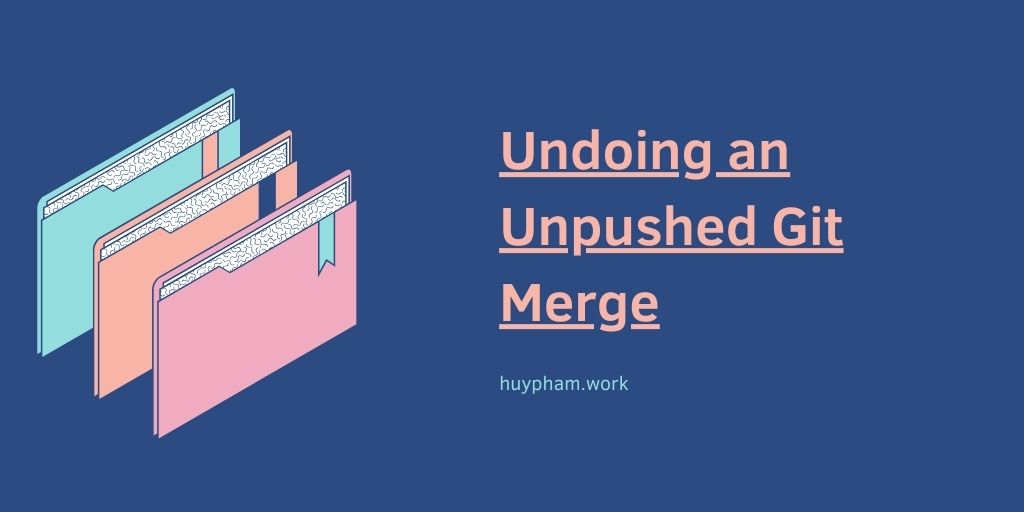The Problem
When running git pull, you might encounter an error indicating that local files will be overwritten. How can you force git pull to execute anyway?
The Solution
The simplest and safest way to handle this situation is by using git stash. This command temporarily saves the changes made to your repository’s working directory since the most recent commit and returns the directory to the state of that commit. Here’s how to proceed:
- Stash Your Local Changes:
git stash - Pull the Remote Changes:
git pull - Reapply the Stashed Changes:
sh git stash pop
By following these steps, you can safely retrieve remote changes without losing your local modifications. The git stash command saves your uncommitted changes, git pull fetches and merges the remote changes, and git stash pop reapplies your local changes on top of the new commits.
Alternative: Force Pull Using git reset
If you prefer to force the pull and overwrite local changes without using git stash, you can use git reset to match the state of your local branch with the remote branch:
- Fetch the Remote Changes:
git fetch - Reset Your Local Branch to Match the Remote Branch:
sh git reset --hard origin/your-branch-name
Replace your-branch-name with the appropriate branch name. This command will discard any local changes and forcefully align your local branch with the remote branch.
Warning: Using git reset --hard will permanently delete your local changes that haven’t been committed. Ensure that you have backed up or committed any important work before using this command.


